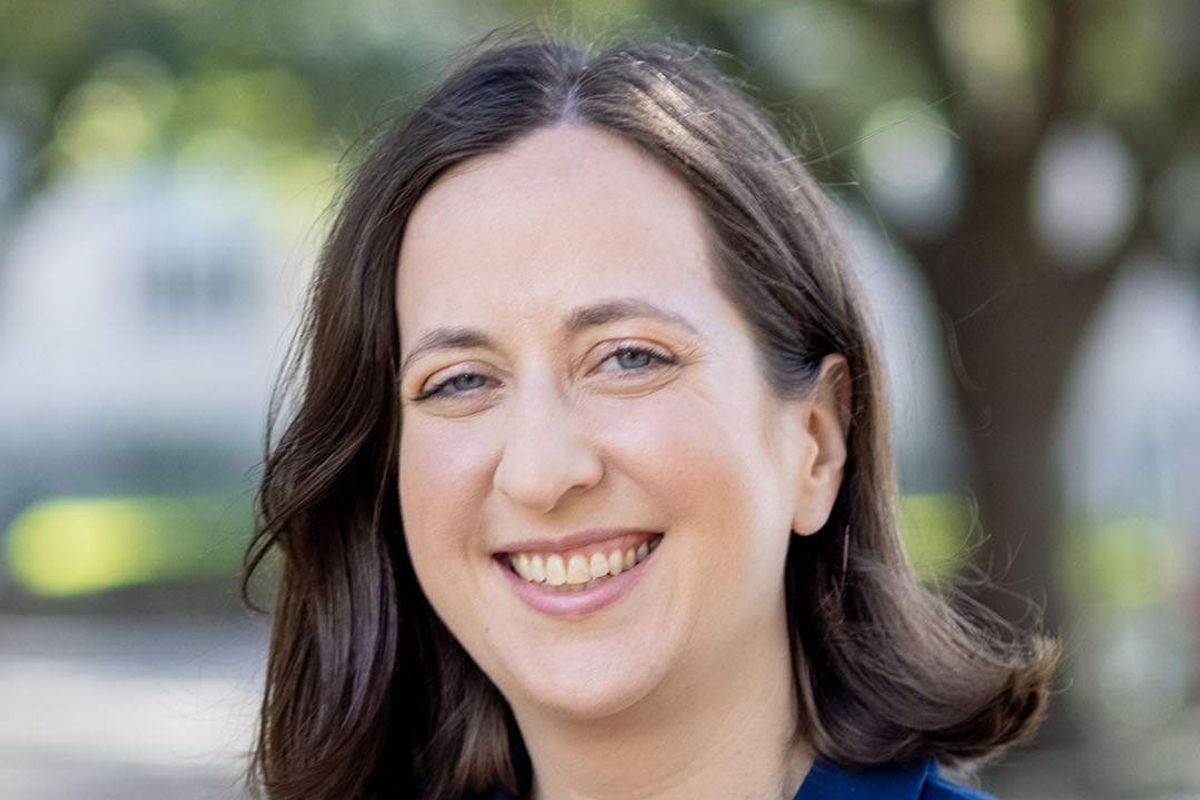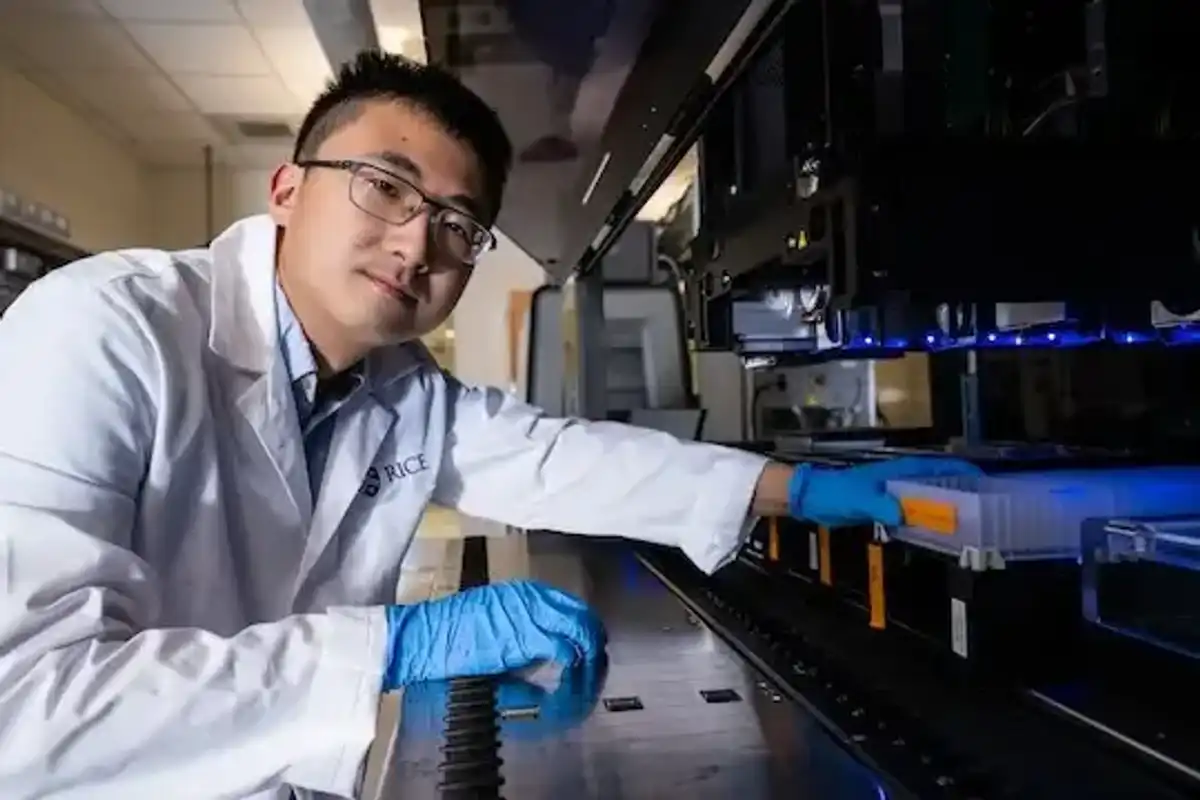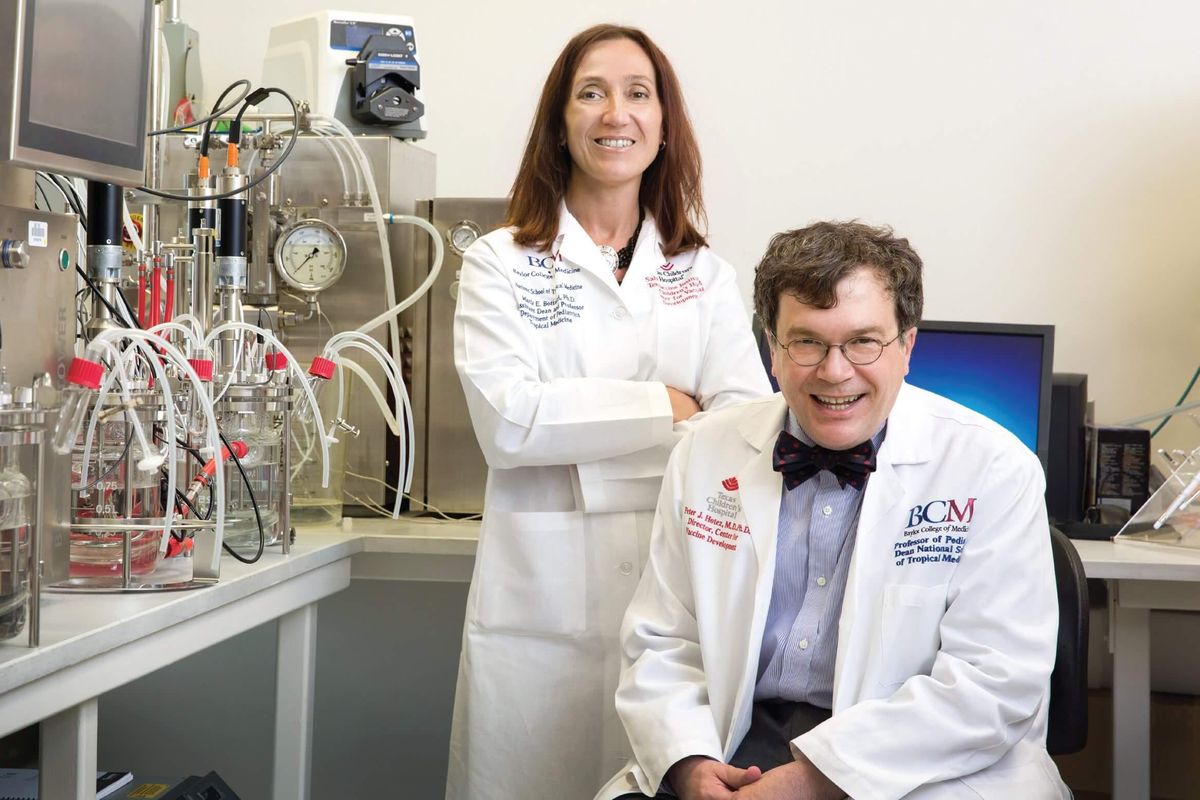Editor's note: Houston researchers and professors have been in the national spotlight as of late. For InnovationMap's February roundup of Innovators to Know, we focus on trailblazers from UH, Rice, and beyond, who have recently garnered presidential awards in STEM, revealed research breakthroughs, and more. Meet our featured innovators below.
Donna Stokes, physics professor, University of Houston

Donna Stokes. Courtesy photo
The White House recently recognized UH physics professor Donna Stokes for her outstanding mentoring in STEM disciplines with the Presidential Awards for Excellence in Science, Mathematics and Engineering Mentoring.
The National Science Foundation manages the PAESMEM awards, and the White House Office of Science and Technology Policy selects honorees.
“Spotlighting STEM educators, researchers and mentors is important to demonstrate the critical role they play in developing and encouraging students to pursue STEM degrees and careers,” Stokes said in a news release. “It is imperative to have STEM educators who can foster the next generation of scientists to address local and national scientific challenges.” Continue reading.
Allison Master, associate professor, University of Houston

Allison Master. Courtesy photo
Allison Master, an assistant professor at the University of Houston, is the first from the college to be awarded the Presidential Early Career Award for Scientists and Engineers.
Master, who works in the Department of Psychological, Health and Learning Sciences at the UH College of Education, is one of 400 scientists and engineers to receive the honor from the Biden administration. The award recognizes those who “show exceptional potential for leadership early in their research careers,” according to a statement.
Master’s research in the Identity and Academic Motivation Lab at UH involves how societal stereotypes contribute to gender gaps in motivation to pursue STEM. Her study also explored ways to counter the stereotypes through educational strategies that make students feel that they belong, what drives children’s interest in STEM and the role of social connections. Her efforts resulted in millions of dollars in grants from the U.S. Department of Education’s Institute of Education Sciences, the National Science Foundation, and other organizations, according to UH. Continue reading.
Xiaoyu Yang, graduate student, Rice University

Xiaoyu Yang, a graduate student at Rice, is the lead author on a study published in the journal Science on smart cell design. Photo by Jeff Fitlow/ Courtesy Rice University
Bioengineers at Rice University have developed a “new construction kit” for building custom sense-and-respond circuits in human cells, representing a major breakthrough in the field of synthetic biology, which could "revolutionize" autoimmune disease and cancer therapeutics.
In a study published in the journal Science, the team focused on phosphorylation, a cellular process in the body in which a phosphate group is added to a protein, signaling a response. In multicellular organisms, phosphorylation-based signaling can involve a multistage, or a cascading-like effect. Rice’s team set out to show that each cycle in a cascade can be treated as an elementary unit, meaning that they can be reassembled in new configurations to form entirely novel pathways linking cellular inputs and outputs.
“This work brings us a whole lot closer to being able to build ‘smart cells’ that can detect signs of disease and immediately release customizable treatments in response,” said Xiaoyu Yang, graduate student in the Systems, Synthetic and Physical Biology Ph.D. program at Rice and lead author on the study. Continue reading.
Dr. Peter Hotez

Dr. Peter Hotez, pictured here with Dr. Maria Elena Bottazzi. Photo courtesy of TMC
Houston vaccine scientist Dr. Peter Hotez can add one more prize to his shelf.
Hotez — dean of the National School of Tropical Medicine and professor of Pediatrics and Molecular Virology & Microbiology at Baylor College of Medicine, co-director of the Texas Children’s Center for Vaccine Development (CVD) and Texas Children’s Hospital Endowed Chair of Tropical Pediatrics — is no stranger to impressive laurels. In 2022, he was even nominated for a Nobel Peace Prize for his low-cost COVID vaccine.
His first big win of 2025 is this year’s Hill Prize, awarded by the Texas Academy of Medicine, Engineering, Science and Technology (TAMEST).
Hotez and his team were selected to receive $500,000 from Lyda Hill Philanthropies to help fund The Texas Virosphere Project. The endeavor was born to help create a predictive disease atlas relating to climate disasters. Continue reading.







 Apple doubles down on Houston with new production facility, training centerPhoto courtesy Apple.
Apple doubles down on Houston with new production facility, training centerPhoto courtesy Apple.

